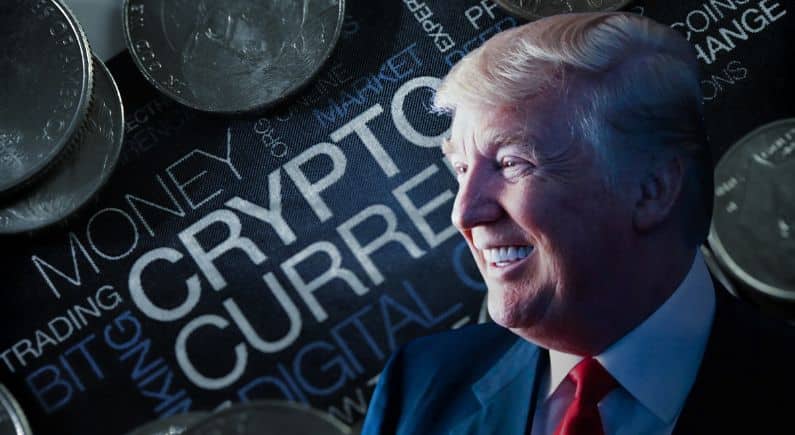Decentralized Energy Trading: Sun Contract’s Blueprint for a Sustainable Future

Ayman Sufi, the strategic director at Sun Contract, recently delivered an insightful keynote during the AIBC Africa conference taking place in Cape Town – addressing the transformative potential of merging blockchain technology with renewable energy. Drawing parallels between the synergies in marriage and business mergers, Ayman highlighted the need for creating more value through collaboration. In this article, we will explore the key points from Ayman’s keynote and delve into the innovative solutions Sun Contract is bringing to the energy sector.
The Traditional Energy System
Ayman began by shedding light on the traditional energy system, where utility companies act as intermediaries between energy producers and consumers. This centralized model, while providing energy, lacks transparency, negotiation opportunities, and often leads to dependence on a single point of failure. Consumers are left in the dark about the source and nature of their energy, with little control over pricing.
Blockchain and Decentralization
Ayman emphasized how blockchain technology introduces decentralization to the energy sector. By eliminating the need for a central utility company, producers can directly trade energy with consumers, with the utility company handling settlement processes. This revolutionary shift enables real-time tracking of transactions on the blockchain, fostering transparency and flexibility in energy trading.
Peer-to-Peer Energy Trading
Sun Contract has successfully implemented peer-to-peer energy trading on a national scale in Slovenia. Ayman explained how individuals and companies can participate in this system, setting their own prices for excess energy and allowing consumers to secure their energy consumption at fixed rates for extended periods. This model enhances autonomy, flexibility, and efficiency in the energy market.
Cross-Border Peer-to-Peer Energy Trading
Blockchain’s borderless nature allows for cross-border peer-to-peer energy trading. Ayman shared an example of a Japanese multinational with factories in different cities in Slovenia, utilizing solar panels to produce energy in one location and consuming it in real time in another. This concept extends to individuals owning summer houses in neighboring countries, showcasing the versatility and potential of blockchain in global energy trading.
Tokenization of Real-World Solar Panels:
A recent development in the blockchain space involves the tokenization of real-world solar panels. Ayman highlighted a platform that enables the fractional ownership of solar panels through NFTs (non-fungible tokens). NFT holders receive benefits such as revenue and actual energy from the underlying solar panels, creating a novel way for individuals to participate in renewable energy even if they can’t install physical panels.
Innovative Comic Book Concept
To make the tokenization experience more engaging, Ayman introduced a unique twist—a comic book. The comic not only tells the story of solar panel installations but also becomes a form of ownership for NFT holders. The story remains a mystery, accessible only to the community of NFT holders who collaborate to unveil it. This gamification approach adds an exciting layer to the ownership experience.
Ayman’s keynote paints a vivid picture of the transformative power of blockchain technology in the renewable energy sector. Sun Contract’s innovative solutions, from peer-to-peer trading to tokenization and gamification, showcase a promising future where individuals have more control, transparency, and engagement in the energy market. As blockchain continues to disrupt traditional systems, the marriage of blockchain and renewable energy opens doors to a more sustainable and decentralized future.






